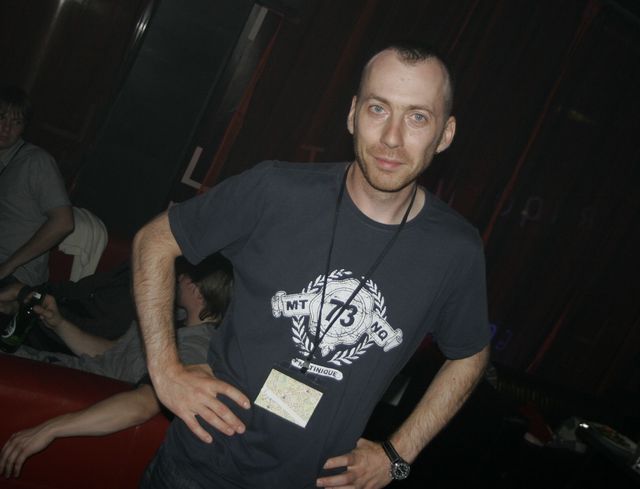 По-русски
По-русски  |
Pavel BraslavskiBorn in 1973 in Sverdlovsk. Married to Marina Driker, kids: Arseny, Arkady, and Alexandra. More information can be found on the Russian version of this page. pbras[AT]yandex[dot]ru |
Earlier employments: Metatron, Avtomir, IgRek, EastWind, IMACH UD RAS, Yandex, SKB Kontur, JetBrains Research.
2020
2019
2018
2017
2016
2015
2014
2013
2012
2011
2010
2008
2007
2006
2005
2004
2003
2002
2001
2000 and earlier
Last modified 21-12-2020